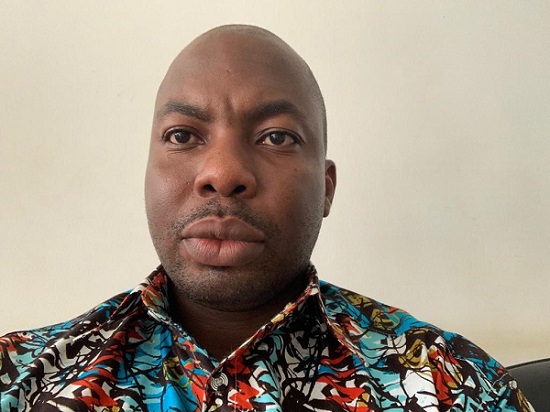
Privatisation of ECG Is not the solution: A case for sustainable public ownership

Truth be told, privatisation of ECG will not be the optimal solution and advocates for sustainable public ownership.
History in focus
Before the privatisation of ECG to Power Distribution Services (PDS), ECG was honoring over 80% of the monthly invoices owed to Independent Power Producers (IPPs) and has kept our operations fluid.
However, following the privatisation, a drastic shift occurred: ECG ceased receiving any revenue, leaving it unable to fulfill its financial commitments to the IPPs, and accumulated debt to over US$1.8 billion at the time.
This calls for the privatisation of the ECG must be driven not by some imaginary ideal type organisation that will overcome all of its challenges just because it is privatised.
As a country, we have gone that path many times in the past, but what has been the effect on those organisations ??
The debate over the privatisation or otherwise of the ECG should take into consideration the following facts:
1.
Public Service: Privatisation often prioritizes profit maximisation over public service.
Job Losses: Private ownership may result in workforce reduction, exacerbating unemployment and social challenges.
d.
Water Privatisation in Ghana: Previous attempts to privatise water utilities in Ghana led to service deterioration, tariff hikes, and public backlash, ultimately resulting in re-municipalization.
b.
Public-Private Partnerships (PPPs): Collaborative models that combine public ownership with private sector expertise can harness efficiency gains while safeguarding public interests.
5.
Sustainable Public Ownership:
a.
Long-Term Planning: Adopting a strategic approach to infrastructure development and service provision ensures sustainable electricity access for future generations.
Privatisation of ECG may seem appealing, but it poses significant risks to equitable access, affordability, and service quality.
Instead of pursuing privatisation, Ghana should focus on strengthening the governance structure of ECG and the sector as a whole (an all inclusive representation on the board of ECG), public ownership, regulatory oversight, and community engagement for responsible consumption( as a patriotic duty to pay for energy used), to achieve sustainable electricity provision.
Learning from the past experiences and embracing innovative solutions, Ghana can overcome the challenges of energy delivery while fostering inclusive development for all its citizens.
Recommendation to maintain public ownership of ECG
Your Excellency,
I humbly recommend maintaining public ownership of the Electricity Company of Ghana (ECG) amidst calls for privatization.
Privatisation may risk the accessibility, affordability, and stability of electricity services, crucial for national development.
By retaining public ownership, we ensure accountability, equitable access, and strategic governance control over a vital national asset.
This decision aligns with the commitment to serving the best interests of all citizens and safeguarding Ghana's energy future.






